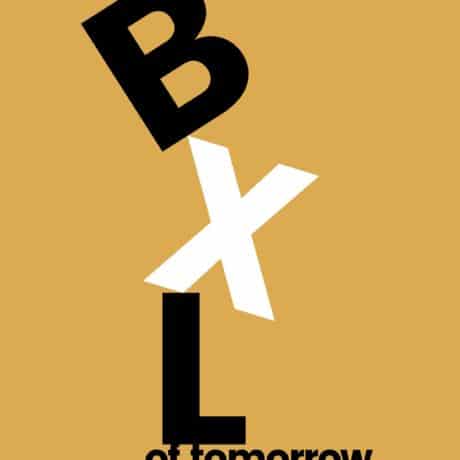
Dossier
Brussels mag N°17
Face-à-face
INTERVIEW Marie Honnay . PHOTOS Karel Duerinckx
Face to face : Marc Filipson, Librairies Filigranes & Jean-Michel Loriers, JML Concept
If I say to you “the Brussels of tomorrow”, what comes to mind?
Marc Filipson The words ‘pedestrianized streets’. The issue of mobility in the capital continues to be very complex. If we want to antiicpate the future, we need to adapt to a city that takes into account the desire of tourists and those inhabitants who prefer to travel around Brussels on foot, as well allowing for the needs of people who live outside Brussels and have to come into the city to work, do their shopping or go to restaurants. We need to find the right balance between the conviviality of a pedestrianized town and the realities that this engenders. Bicycles or scooters also need to have their place in this changing urban context.
Jean-Michel Loriers Philosophically, a city without cars would obviously be better. However, for certain professions, including mine, the lengthening of distances travelled obviously has financial repercussions. The very essence of our profession is to reach out to people. We need our city to be organised in such a way, both for the present and the future, that we are able to do this.
You cite the essence of your profession: reaching out to people. Do you think that this particular aspect will be increasingly more important?
MF From the moment I launched my bookshop, I had to anticipate the future, positioning myself fully as a go-to destination. I chose a location in an area of office buildings, thus not in an area of pedestrian frequentation. My idea has always been to bring people together around my project, through inviting writers, for example. On occasions when we receive several hundred people in one single evening at the book shop, this proves that we understand our clients’ expectations. Nothing can ever replace human contact. When I organise a meet-the-author event chez Natan, it is an attempt to bring together two different worlds by inviting the book into the universe of fashion.
JML In order to continue to make a difference in the long term, you have to be able to anticipate trends, to know precisely what will be happening tomorrow; and this is not possible. As far as I am concerned, I continue to focus on the quality of the products that I offer my clients, but also on the concept of service. A waiter who recognises you and who anticipates your preferences adds a human and convivial dimension to all kinds of evenings. This is a key element of our approach, and it will still be so tomorrow. Two years ago, Alexis and Julien, my sons, founded Rocket, a more casual, accessible concept which corresponds to a new way of envisaging a festive event in our capital city.
The future has to be prepared. When you think of tomorrow, what plans do you have?
JML I have recently moved premises to provide a more pleasant working environment for my team. Preparing for tomorrow begins with that: continuing to offer the very best for the 900 events that we organise every year. I am also thinking of setting up premises in Brussels. People have less and less time to cook and this trend will become more pronounced.
MF I believe that preparing for the future is also reaching out to people where they live. In the bookshop, we offer some 18,000 items, but I am considering creating book trucks in parallel: a convivial way of reaching out to readers in markets; and this will be available in the various districts of Brussels.
Both of you are in contact with many foreigners. What do they think of Brussels?
MF When I meet French writers, I have the feeling that they simply adore coming to Brussels. One of their first questions is ‘where are we going for dinner this evening?’ I have even had the experience of improvising a mini-literary get together in a restaurant! The people who were dining in the restaurant on that particular evening, seated next to an author, were absolutely thrilled. Yet again, it was an opportunity to forge contacts. Today, just as tomorrow, this has to be our leitmotif.
JML We are working on a daily basis with a foreign clientele who are very enthusiastic about the quality of our receptions. The characteristic Belgian welcome and our conviviality really make a difference. Moreover, this aspect of our profession opens doors for us to an international activity giving us the opportunity to organise sumptuous events in every corner of the world. Having said that, I must add that the future is also digital. As far as I am concerned, I have a solid address book and my children know all the communication codes of the future: communication which will go via social networks, among others.
When you envisage the future of Brussels, are some foreign cities trendsetters?
MF Rome could be one, in certain aspects. To reinforce the impression of conviviality in the city, the authorities decided to close off three main roads in the centre of town to road traffic; and it has worked well. However, in order that a capital city plans for the future, security and cleanliness policies have to follow through. These are two other major challenges for the Brussels of tomorrow.
Is the artistic life in Brussels sufficiently dynamic to build this future?
MF Absolutely. Brussels hosts one exhibition after another. On preview Thursdays, it is difficult to see them all. The art fairs are becoming ever more numerous: the very symbol of a city facing the future.
JML Belgians are great collectors of modern art. Art Brussels is a key moment for us and for Brussels in general. At this time of the year, the entire world has its eyes focussed on our capital. This is an example that we should continue to emulate in the coming years.
MF All the more so given that we have all the trump cards to achieve success. Belgium’s foothold is increasingly outstanding. People are proud of their heritage and wish to share it with others. There is also a desire among young people to reinvest in their city. It is they who are giving a breath of fresh air to Brussels and are contributing to shaping its future.

“To present some opinions on this topic, we have chosen to launch a dialogue with two men who, in their respective sectors, books and gastronomy, have been active for several decades in creating an emotional response. Face to Face with Marc Filipson, the founder of the Filigranes chain of bookshops and the chef Jean-Michel Loriers, the guiding light of the caterers JML Concept.”

Dossier
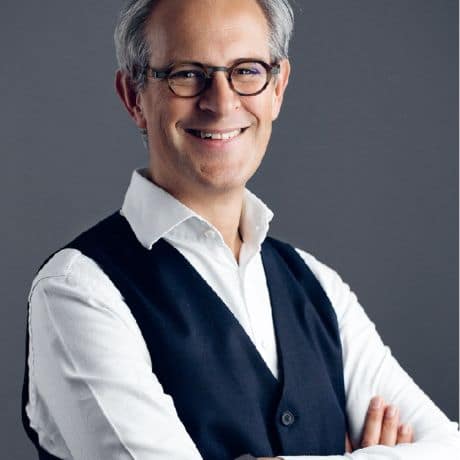
Personality
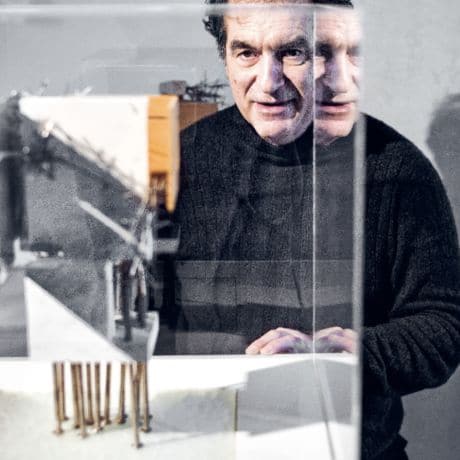
Portrait
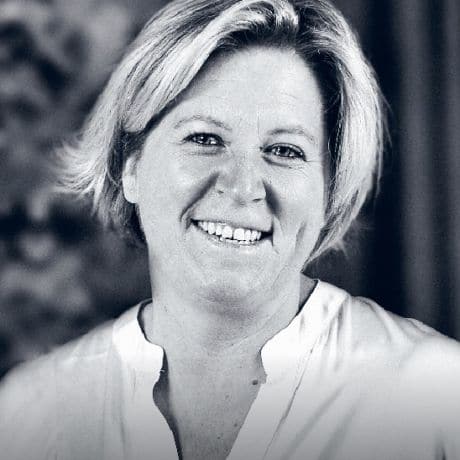
She in the plural
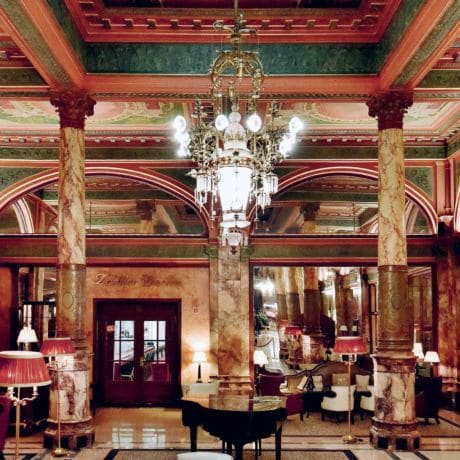
1 establishment, 3 trades
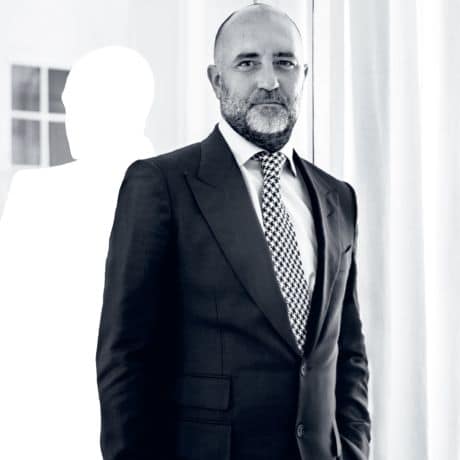
Expat
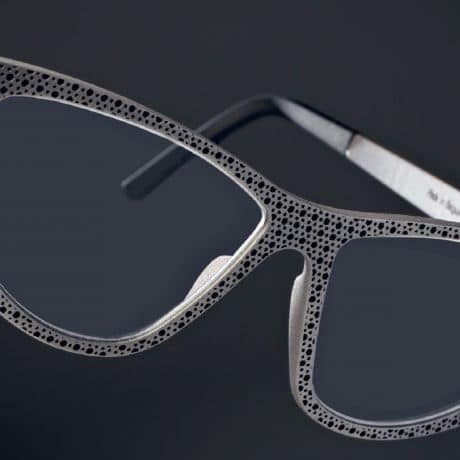
back stage

THE MOST BEAUTIFUL ONES
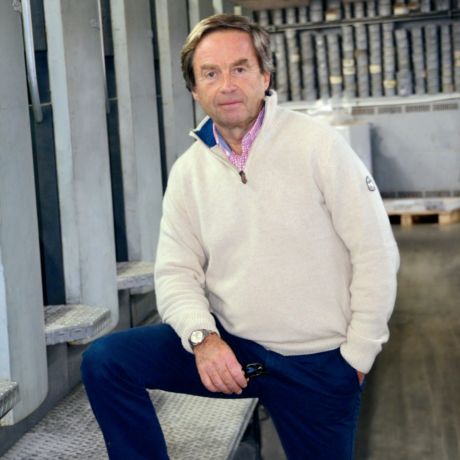
in the picture
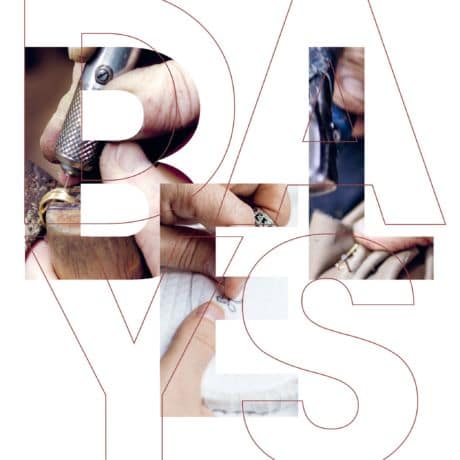
Values
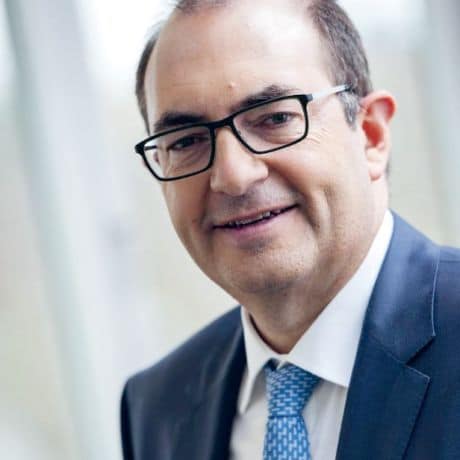
Beautiful racing cars